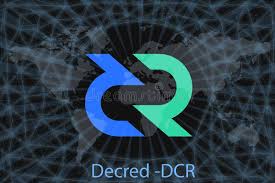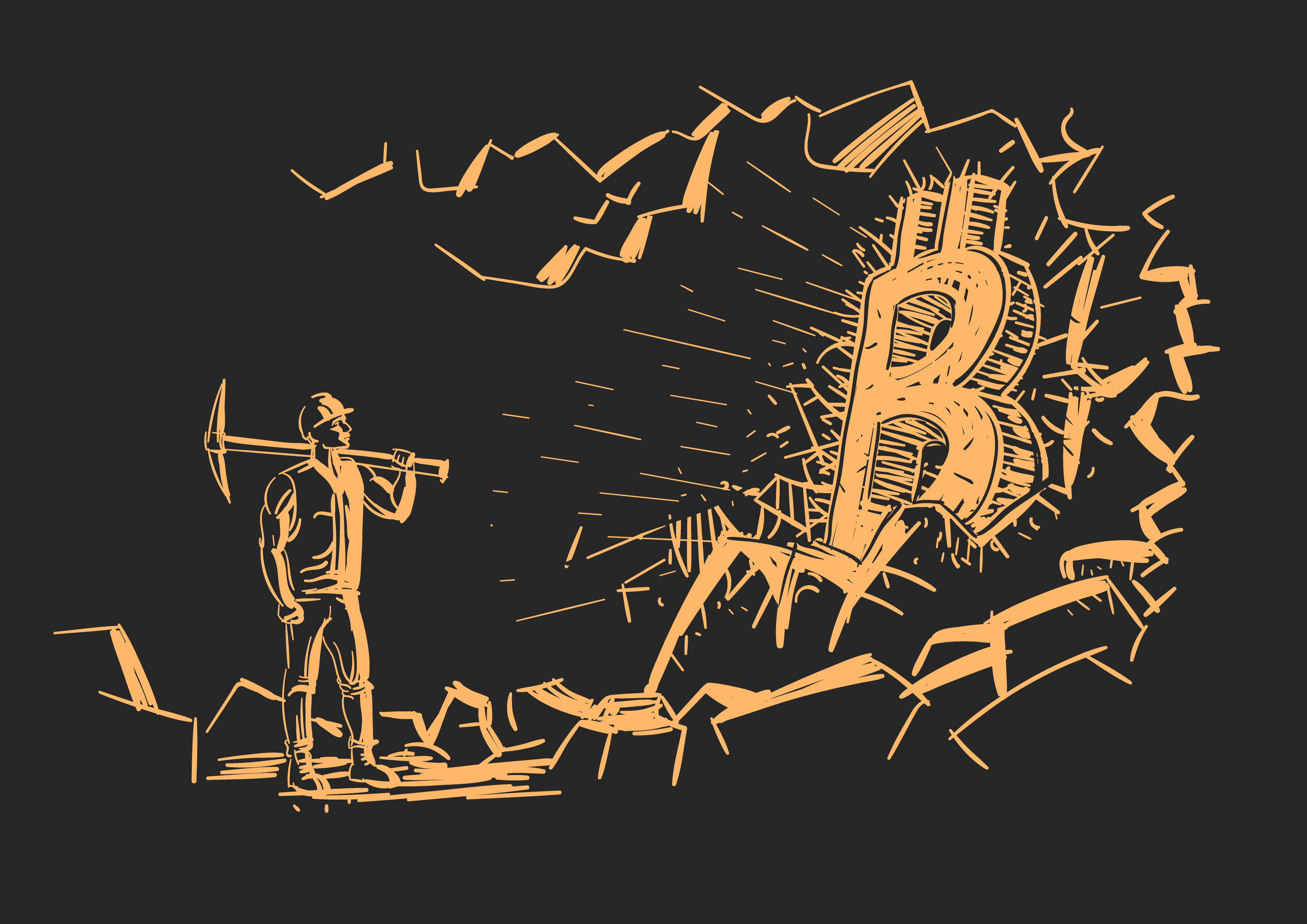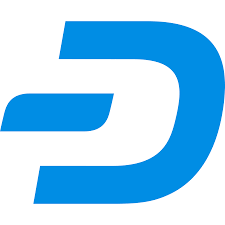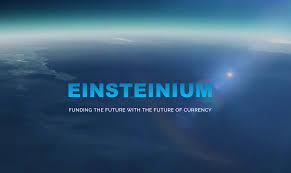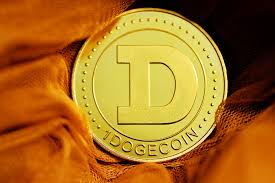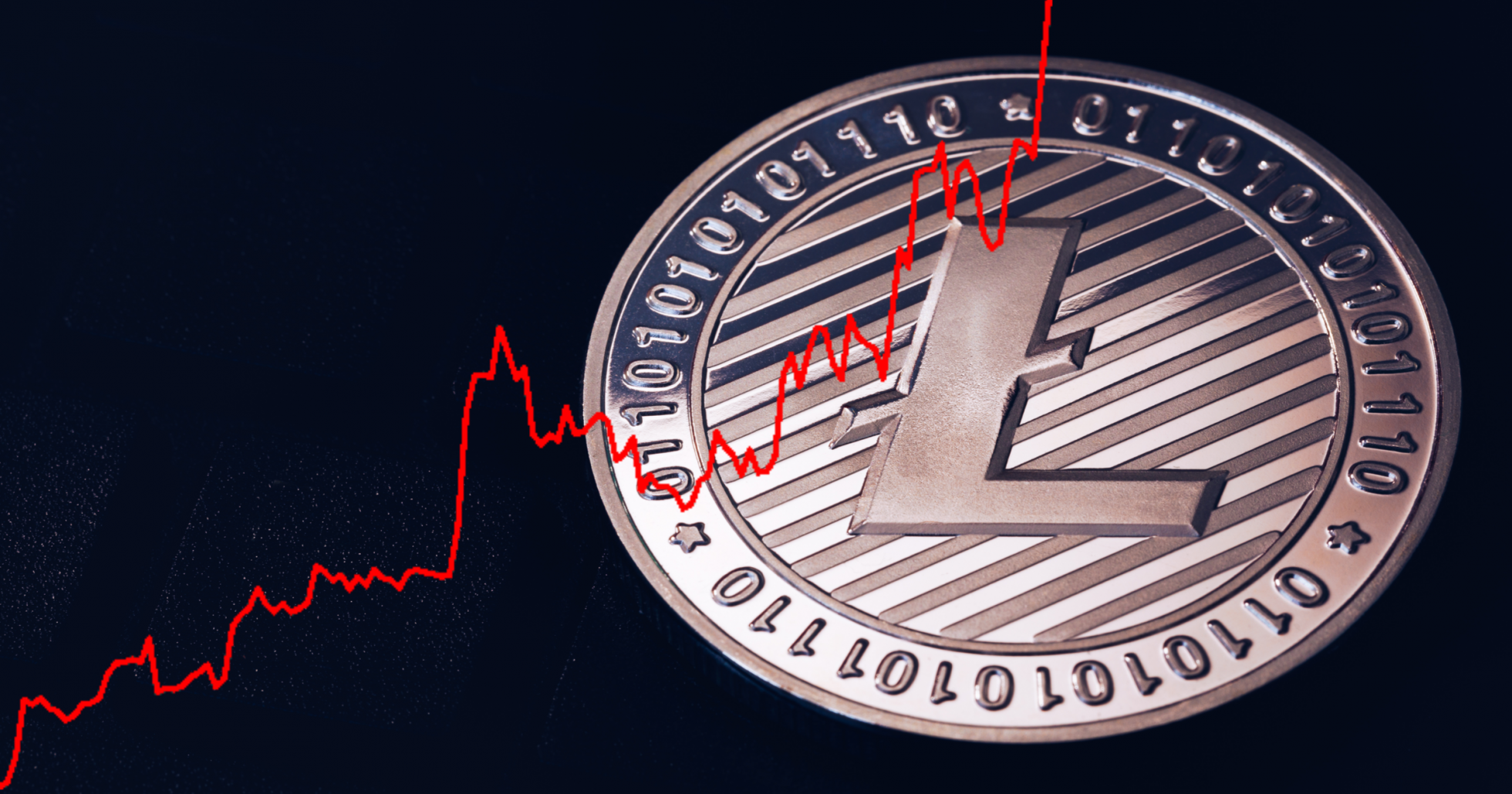Poland verifies documents with the Ethereum blockchain
Alior Bank in Poland is using the new document verification method of the cryptocurrency blockchain. With the help of the Ethereum blockchain, clients can verify the authenticity and integrity of the documents.
With the document, clients also receive a link that they can follow and check the issuance of the document on Ethereum’s blockchain. Everything goes through the public blockchain, which means that the information provided is true and cannot be modified by anyone, not even the bank.

Why Polish bank chose this solution?
Blockchain strategy lead Tomasz Sienicki says: “Our mission is to be disruptive, so we want to provide innovative solutions, and we want other banks to follow us as well. We are showing that it’s possible to use public blockchain even if some people think it’s impossible.”
In 2017 Office of Competition and Consumer Protection ruled that banks must provide their clients with documents in a durable medium. Bank decided to implement this new functionality. And a page on a bank’s website doesn’t qualify, because it can easily be changed.
How did they come up with the project idea?
After the new regulations in 2017, Alior bank started to think about new solutions. They established the Blockchain Center of Excellence last October to complete the project.
Sienicki says: “ It was born in our innovation lab, but later on, we managed to convince our management that a dedicated team should be set up on just blockchain issues. Everybody can copy this code, we encourage you to do so.”
How does this project work?
The system uses a smart contract that stores documents. Digital signature maps documents to a unique value and links them with their name and blockchain number. At any time customers can search the documents that they have received on Alior’s servers. They can locate their documents, and see where they have been stored.
Piotr Adamczyk, Alior’s blockchain technology lead told how safe is the system: “We know exactly in which block of Ethereum a document with a given hash is published. If we know the block number, we also know the timestamp.”
What is Ethereum?
Ethereum is a digital platform where you can write code that controls the money, and build applications accessible anywhere in the world.
It is an open software platform that is based on blockchain technology that enables developers to build and deploy decentralized applications.
What is common between Ethereum and bitcoin?
Ethereum differs substantially in purpose and capability, and Ethereum blockchain focuses on running the programming code of any decentralized application. In the blockchain, miners work to earn the ether, not the bitcoin. Ether is a type of crypto token that fuels the network.
But bitcoin offers one particular application of blockchain technology – peer to peer electronic cash system that enables online Bitcoin payments. Bitcoin blockchain tracks down ownership of the digital currency.
Now you can see the difference between Ethereum and bitcoin.
What does a smart contract mean?
The biggest difference between Ethereum and other digital currencies is a smart contract. It is similar to a simple contract, but instead, it is written in code, not physically or digitally. After that, the creator uploads the contract into the blockchain.
Benefits that Ethereum decentralization applications have:
Safety – system prevents a third party from altering or changing the data.
Censoring and corruption prevention – Ethereum is based on peer to peer network, it makes censorship virtually impossible.
Downtime and safety – there will be no time when apps will stop working, instead, the data will always be available because it runs on open-source software.
The downside of decentralized Ethereum applications – of them is the human factor. Smart contract code is written by humans, and humans tend to make mistakes. Code is only good if the person who wrote it knows what he/she is doing. If a mistake has been made the only possible way to avoid attack or exploitation, is to rewrite the code.
Smart contracts can:
Spend funds only when the bigger percentage of people agree.
Manage agreements between users.
Provide utility to other contracts.
Store information about an application.
Smart contracts need assistance from other smart contracts. Running each contract requires ether transaction fees. Ethereum runs smart contract code when a user or another contract sends a message with enough transaction fees.
The Ethereum Virtual Machine executes smart contracts in bytecode that can be read and interpreted by the network.

